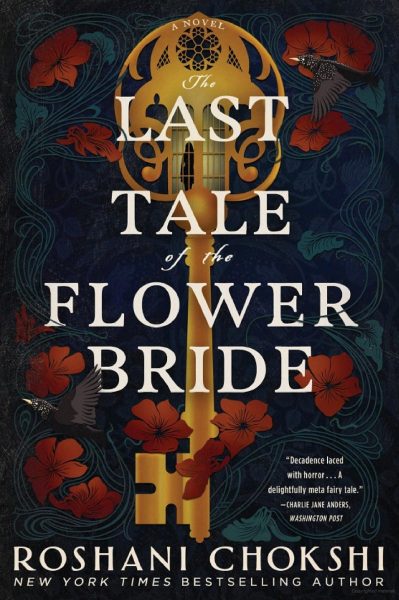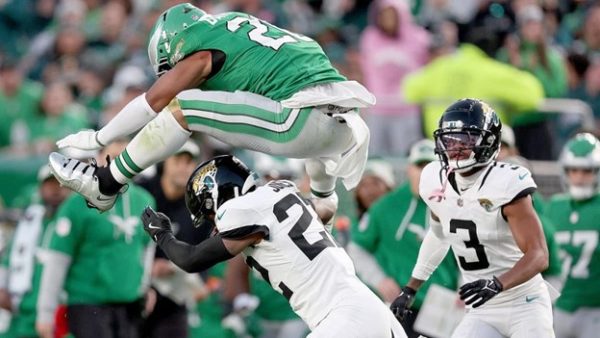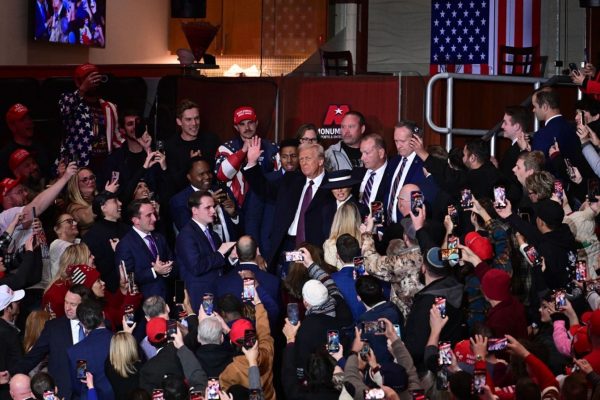Social Groups are not Like the Movies
In the movies, social groups at school are always in a hierarchy of who is the coolest, who is the lamest, etc like in Mean girls (2004). Who is “popular” and who is a “nerd.” Who is loud and who keeps to themselves. However, I’ve noticed that this is not always the case. The things you are a part of do not permanently define you.
Have you ever seen the Taylor Swift You Belong With Me music video? Taylor is part of the marching band and the boy she likes is dating the mean girl from the cheerleading team. Thus it makes the crush unrequited because a band kid could never date a football player with cheerleader girlfriend. Perfect example of stereotypes.
Movies also assume that because you are a part of a certain group, you also have to act a certain way. For example, band kids have the reputation of being awkward nerds. However, there are many people in the band who are natural social butterflies and do not fit that stereotype.
The movies also depict that everyone in the same activity is automatically best friends with eachother. This is also obviously not true. For example, to much surprise, the entire band is not best friends with eachother! Sure, we love and support eachother, but I do not even know every single member, only because the band is so large and there are many different friend groups throughout which range from extroverts to introverts, from young freshmen to mature seniors.
I do notice that people with similar personalities tend to stick together. (Although, there are many exceptions to this). We just tend to gravitate to others who are like them and/or have similar interests. And I’m sure this is probably similar with the cheerleaders, the football team, and the chemistry club: there are probably many friend groups within each activity. That is just what people do.
The movies were wrong, being a part of a particular group does not make you the stereotype.






